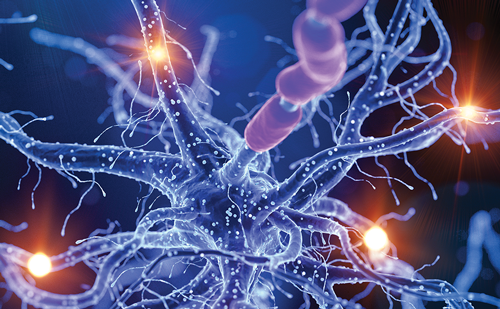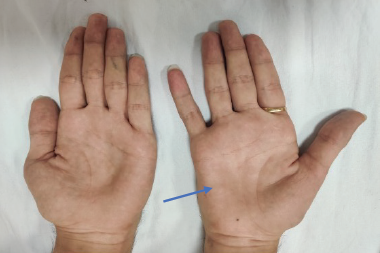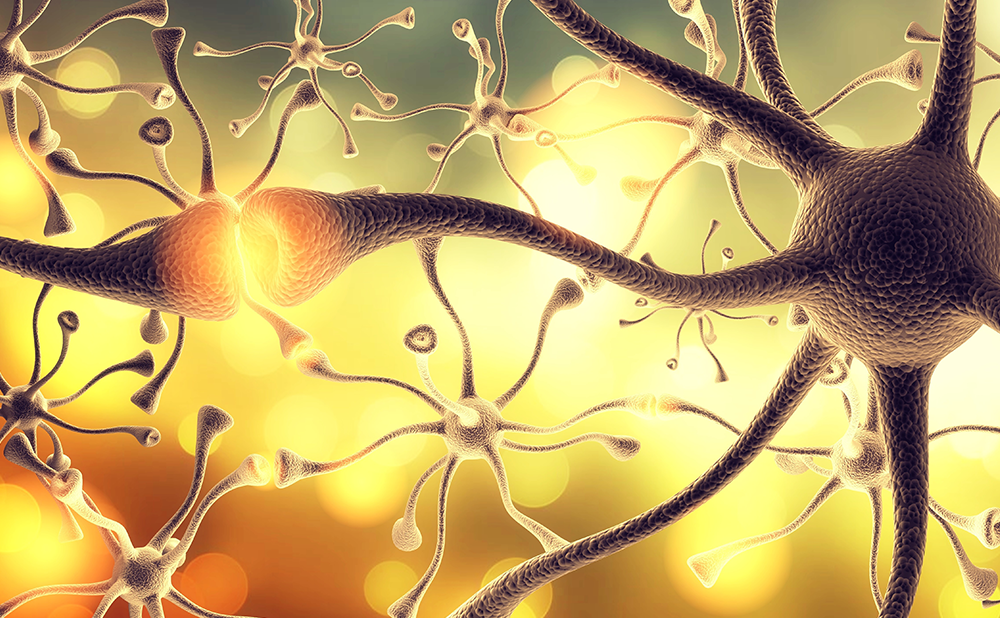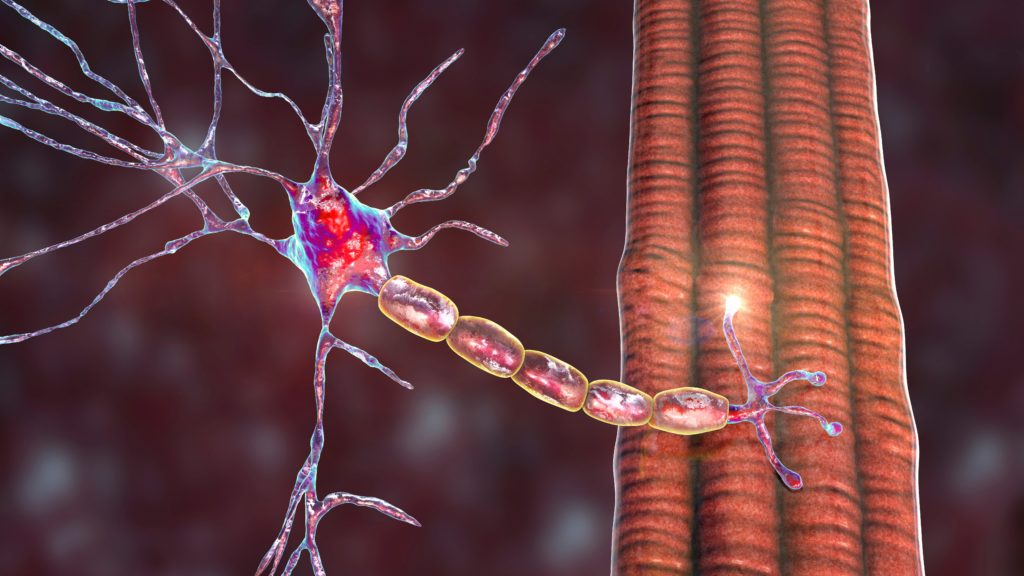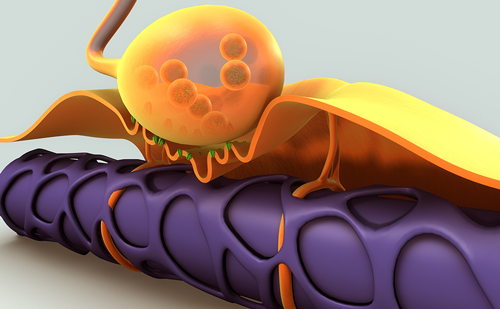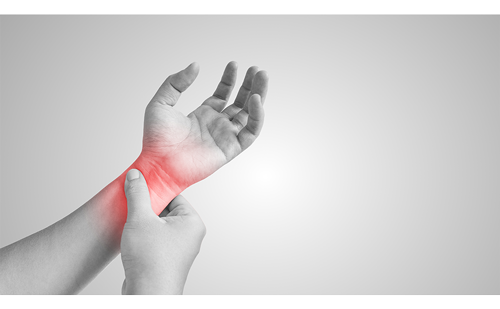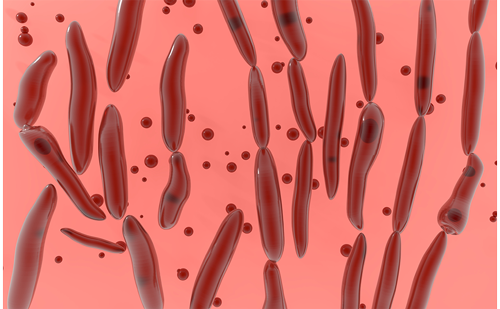Welcome to the latest edition of US Neurology, which features a diverse range of topical articles covering a range of therapeutic areas relevant to neurologists and other practitioners involved in the care of patients with neurological illness. We begin with an expert interview, in which Handan Gunduz-Bruce provides an overview of zuranolone, an oral, positive allosteric modulator of γ-aminobutyric acid type A receptors, which is being investigated in the treatment of postpartum depression and major depressive disorder.
Our next articles describe the role and impact of cenobamate, an exciting new therapy for managing seizures and improving the quality of life for people with epilepsy. Klein et al. provide a comprehensive review of the efficacy and safety of cenobamate. In addition, Prof. Roy Beran provides a commentary on this article, highlighting Klein’s empathetic approach.
The past decade has seen a surge of disease-modifying therapies for multiple sclerosis (MS), but there remains a paucity of treatments for secondary progressive MS (SPMS). Thornton and Harel review the clinical evidence for the use of siponimod, the only sphingosine-1-phosphate receptor modulator to be studied in both relapsing–remitting MS and SPMS.
Hereditary transthyretin amyloidosis (hATTR) is a rare, progressive, underrecognized and fatal neuromuscular disease with multisystem organ involvement. Prof. Saša Živkovic‘ provides a comprehensive review of the epidemiology, genetics, and clinical features of hATTR. He provides a thorough discussion of recent advances in diagnosis and treatment breakthroughs, which are changing the natural history and clinical course of this disorder.
Amyotrophic lateral sclerosis (ALS) is a progressive, incurable neurodegenerative disease whose treatment comprises symptom management, ideally in multidisciplinary clinics. This issue includes an article from my own research team at the Keck Medical Center of the University of Southern California. We present an analysis of the patient cohort of our multidisciplinary clinic, which highlights the need for timely referrals to such clinics, as well as identifying areas in which we can further improve patient care.
We finish with two case studies, which aim to increase the clinical awareness of rare conditions and their symptoms to reduce misdiagnosis and improper treatment. The first involves my research team at the University of Southern California, and describes a case of wound botulism in a chronic heroin user, which did not exhibit the classic electrodiagnostic features that are typically required for the diagnosis of botulism. In the second, Saraiva et al. present a case of cerebral venous thrombosis (CVT), a rare consequence of anabolic androgenic steroid (AAS) use, highlighting the importance of inquiring about AAS use in cases of suspected CVT.
US Neurology would like to thank our expert authors for providing insightful and thought-provoking articles. We are also grateful to all organisations and society partners for their ongoing support, as well as our editorial board for their continued involvement and advice. Please do take the opportunity to browse videos hosted on touchNEUROLOGY’s Conference Hub, which features a wealth of expert content. Finally, we hope you enjoy the festive season, and stay safe and well during these difficult times. 
Said R Beydoun
Said R Beydoun, MD, FAAN, is Professor and Division Chief for Neuromuscular Medicine in the Department of Neurology at Keck School of Medicine, University of Southern California (USC). He is Program Director of the Clinical Neurophysiology Fellowship. As a principal investigator, Dr. Beydoun has participated in multiple research clinical trials. His clinical and research areas of expertise in the field of neuromuscular medicine include amyotrophic lateral sclerosis (ALS), myasthenia gravis, peripheral neuropathy including chronic inflammatory demyelinating polyneuropathy (CIDP), multifocal motor neuropathy, and transthyretin-related amyloid neuropathy. He has published in several scientific journals on topics related to neuromuscular diseases. He is Editor-in-Chief of US Neurology. He is an elected fellow of the American Academy of Neurology and a fellow of the American Association of Neuromuscular and Electrodiagnostic Medicine; a member of the medical/scientific advisory board of the Myasthenia Gravis Foundation of America; Medical Director of the Certified ALS Treatment Center of Excellence at Keck USC; and holds board certification by the American Board of Psychiatry and Neurology in Neurology, Clinical Neurophysiology, Neuromuscular Medicine, and Pain Medicine.



